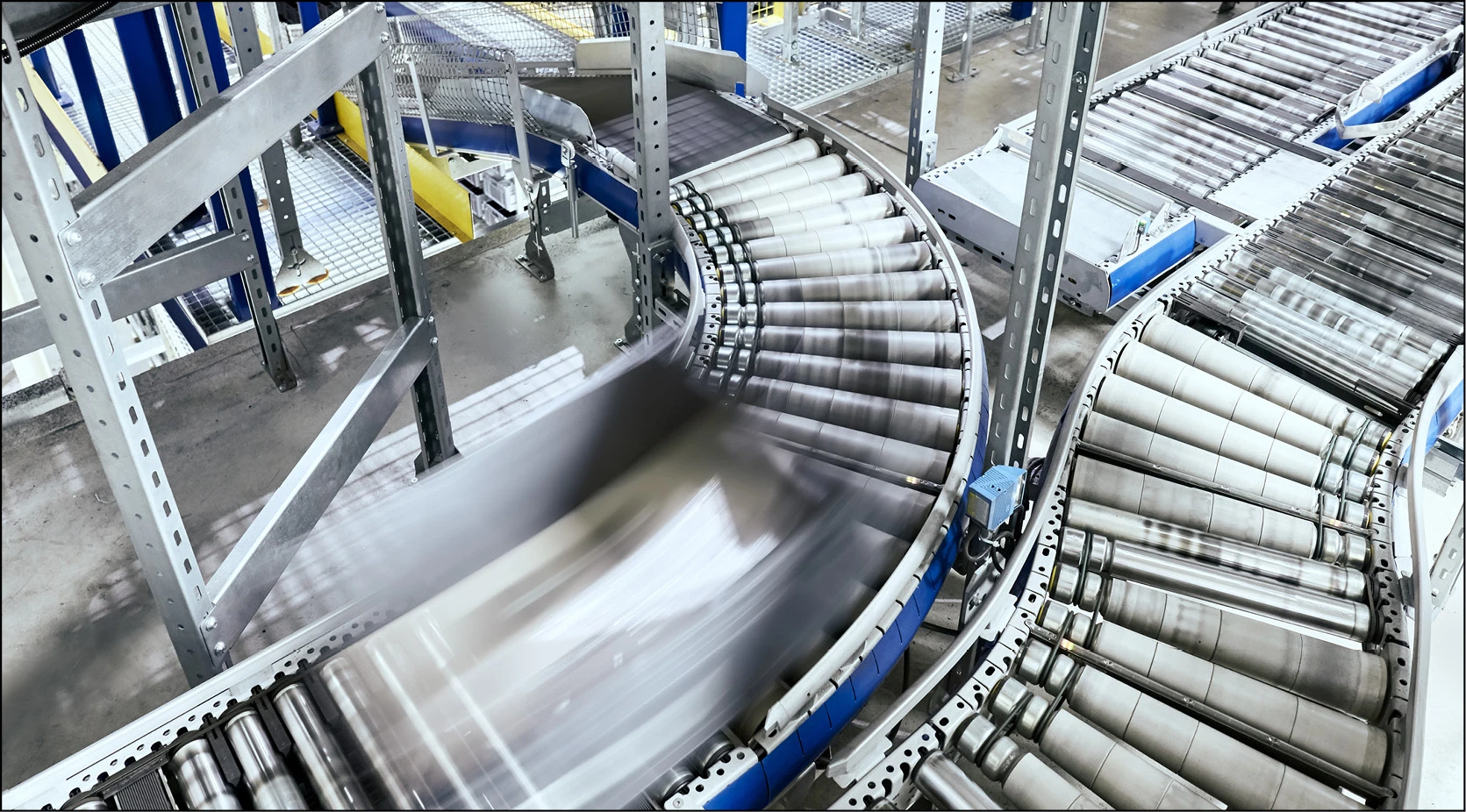Three reasons to use artificial intelligence in your supply chain

Artificial intelligence (AI) is the most impactful advancement in how supply chains are managed since back when companies first replaced paper folders with online spreadsheets.
We’ve come a long way from there – spreadsheets aren’t that impressive anymore – to embrace AI, which has taken over how we manage, execute, and evaluate our supply chain processes. While some companies remain skeptical of AI’s value, the truth is, within the next two years any companies not using this technology will be left behind by their peers, if they haven’t been already.
Here are three reasons you should be using AI today in your supply chain management processes.
Reducing Supply Chain Risks
Supply chains are the riskier part of most businesses. From logistic and quality concerns to social and environmental ssues, there’s no end to the problems companies can face if they don’t keep a close eye on their supply chain. The consequences of mistakes here range from brand damage and financial penalties, to direct losses of revenue from poor sales or failing to meet market demand.
Different teams within organizations are responsible for evaluating risks within their own areas of concern, such as quality, sourcing, or sustainability. However, data siloes and being too focused on one area makes it easy to overlook red flags. It becomes even more challenging the more data and systems get added to the pool, making it hard to see the full picture of what’s happening among your suppliers.
Artificial intelligence is already being used today to overcome these challenges.
By connecting AI to your supply chain process through a single, multi-solution platform, you enable it to analyze your supply chain data holistically. The AI starts to piece together a true story of what’s happening in your supply chain, and learns how to interpret that data to get accurate with time. The result is a technology that makes connections between data points a human would likely miss, identifying risks that would otherwise go unnoticed to create problems down
the road. It’s not that the AI is smarter than a person, it just never gets tired of looking over data, it makes connections instantly, and by its nature it learns and improves its performance constantly.
Companies using AI for risk assessment are making new and better decisions that keep their operations running smoothly, keep their brands protected, and guards against revenue loss.
Optimizing Performance
A more tangible reason to use AI in your supply chain is to optimize your real-world processes and procedures to save time on the production of your goods.
Most companies have processes in place to review supplier performance and send personalized improvement plans to drive improvements in the supply chain. These can be time consuming, tedious, and in many cases don’t lead to the desired results.
Instead, companies are using AI to run corrective action and performance processes. The AI learns what actions have historically been effective in different situations, and makes recommendations based on industry best practices to improve supplier performance. This can be fully automated, or still require human intervention to approve recommendations. Either way, the gains both from an efficiency and performance perspective are significant.
Beyond performance plans, AIs can automate supply chain processes like supplier onboarding, make smart recommendations for sourcing teams, and optimize operations to be faster through.
Companies using AI this way can move goods through the production chain and into markets faster, and with more confidence in their products’ quality than their competitors. Since we know a key priority for global companies in 2024 is unlocking revenue potential from the supply chain, AI cannot be overlooked as a key driver towards realizing this goal.
Reducing Costs
Companies using AI realize significant cost savings in their supply chain processes, both from optimizing operations to be more efficient, and by investing resources into dealing primarily with high-risk suppliers and situations.
Using AI to understand their risks allows these companies to empower low-risk suppliers to truly govern themselves – from their quality inspections to social audits. This saves millions of dollars on third-party inspections, while fostering a positive relationship with the suppliers that leads to better performance.
Focusing resources on high-risk areas of the supply chain also accelerates improvements, and ensures goods continue to move through the production chain at speed, all important factors in achieving higher revenues.
You also can’t ignore the time saved sorting through vast volumes of data to extract insights or file reports – time that could be spent on other high-impact activities while AI manages the tasks instantly.
Artificial Intelligence Will Separate Leaders from the Competition
Over the coming few years, a clear gap will form between companies using AI effectively in their supply chain, and those who aren’t, with the latter falling farther and farther behind. The volume of data – and operational scale to analysis and use it — required to meet today’s market, consumer and regulatory demands is growing constantly. Manual processes, and human-driven analysis doesn’t cut it. If the above three reasons aren’t enough to highlight the need for AI in your supply chain, this last one should be clear: failing to adopt this technology will lead to an inability to compete against peers, and the longer you wait to adopt, the harder it becomes to close that gap.
Learn more about artificial intelligence in the supply chain by visiting inspectorio.com/artificial-intelligence.




